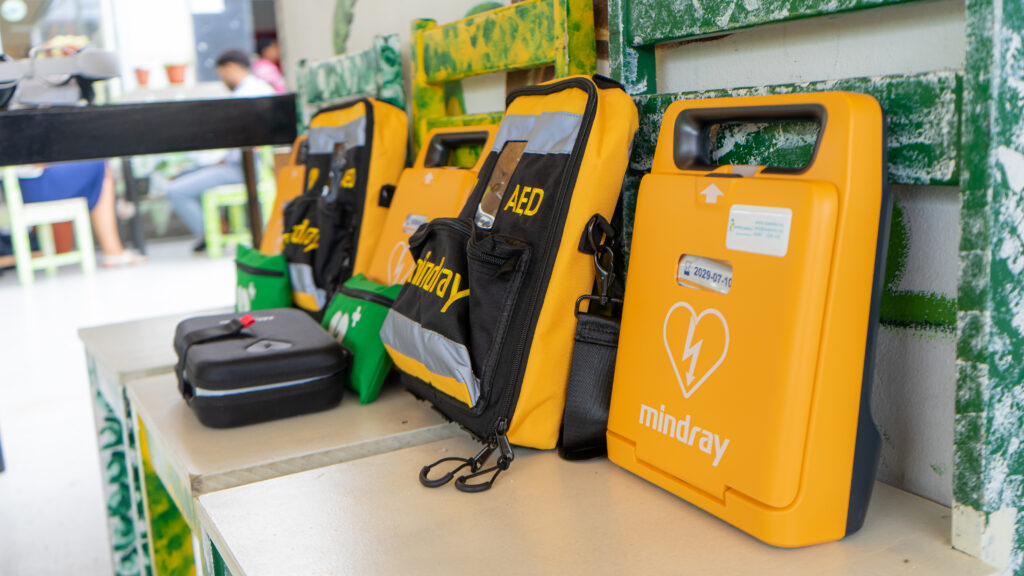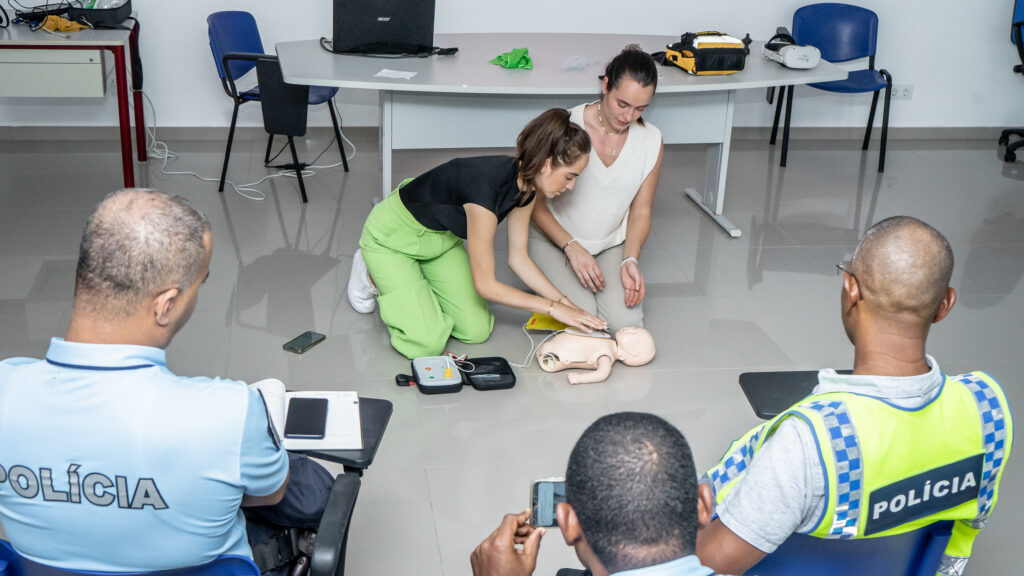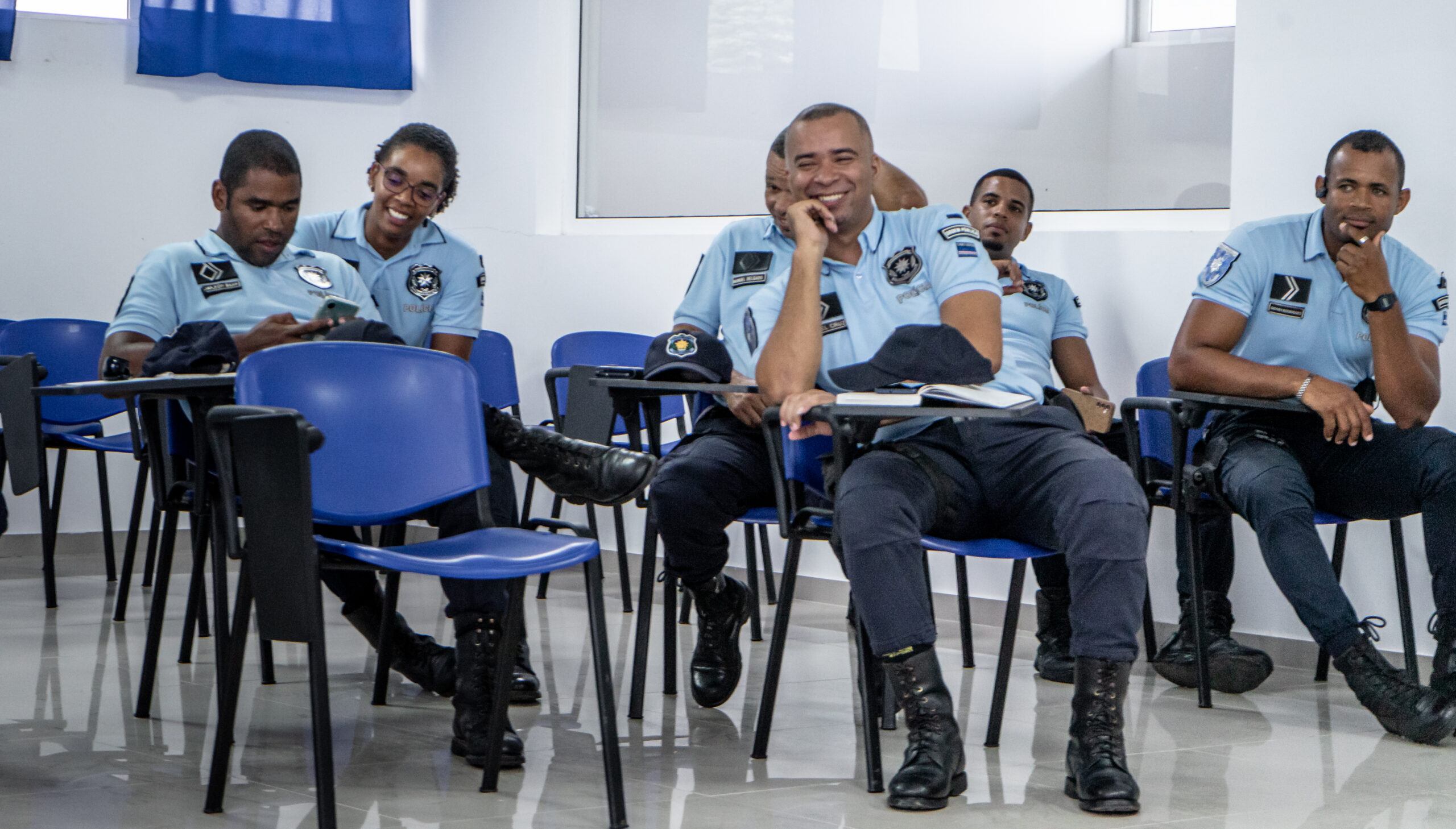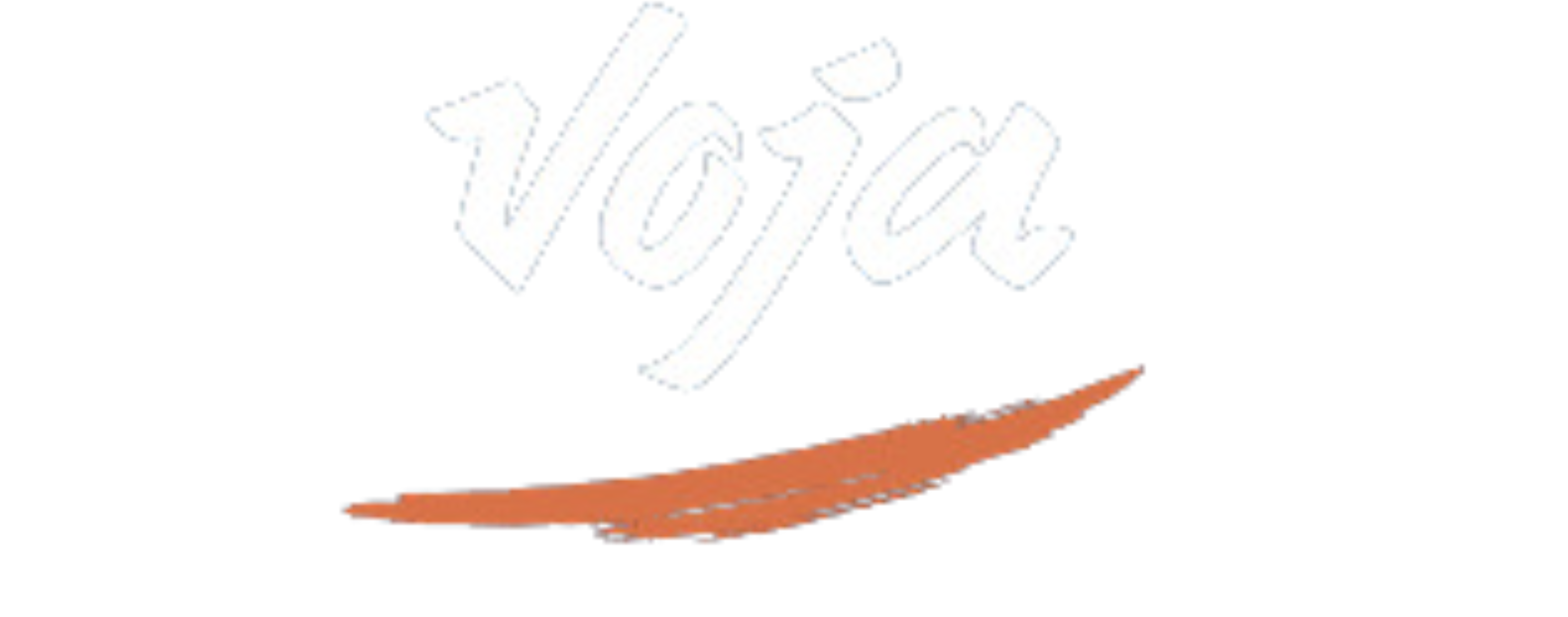The foundation is dedicated to strengthening the health structures of local communities in the Global South. Our projects aim to create lasting impact by prioritizing collaboration with local partners and community members, ensuring that the benefits are deeply rooted and sustainable.
Our current initiative focuses on establishing a self-sustaining, community-led project on the island of Santo Antão. This project involves providing first aid training, certifying local individuals, and supplying Automated External Defibrillators (AEDs) to the island. More details about this and our ongoing work can be found in our 2025 workplan.
We primarily receive income through donations, as well as by attracting new donors and forming partnerships that contribute financially. We manage the foundation’s funds using a “four-eyes” principle, ensuring that all financial transactions are reviewed by multiple board members. All financial matters are overseen by the treasurer, and any expenditures must be in line with the foundation’s policy plan, financial guidelines, and statutes.
The foundation is committed to serving the public good and has an ANBI status. We do not have a remuneration policy; no remuneration is provided for activities, and board members are not paid for their work. Additionally, we do not employ any staff members. The 2024 annual financial and activity reports are available for review here. The 2025 annual report will be uploaded by February 1, 2026.
By making a monthly contribution to our foundation, you could become part of the Nova Onda Foundation and help us create new waves together.
